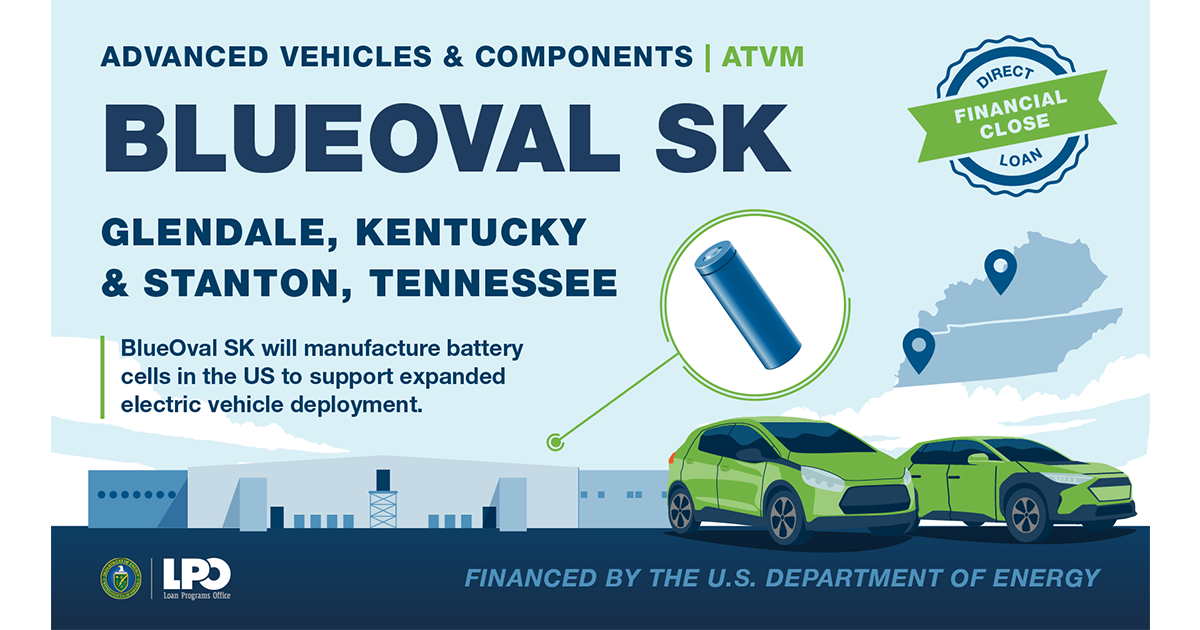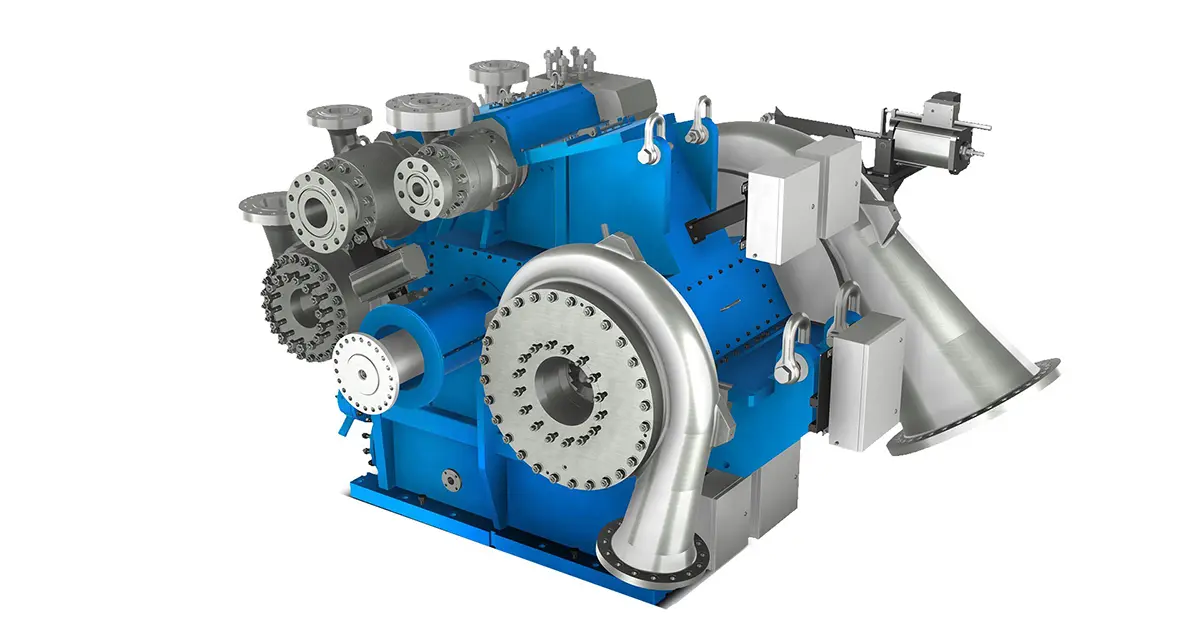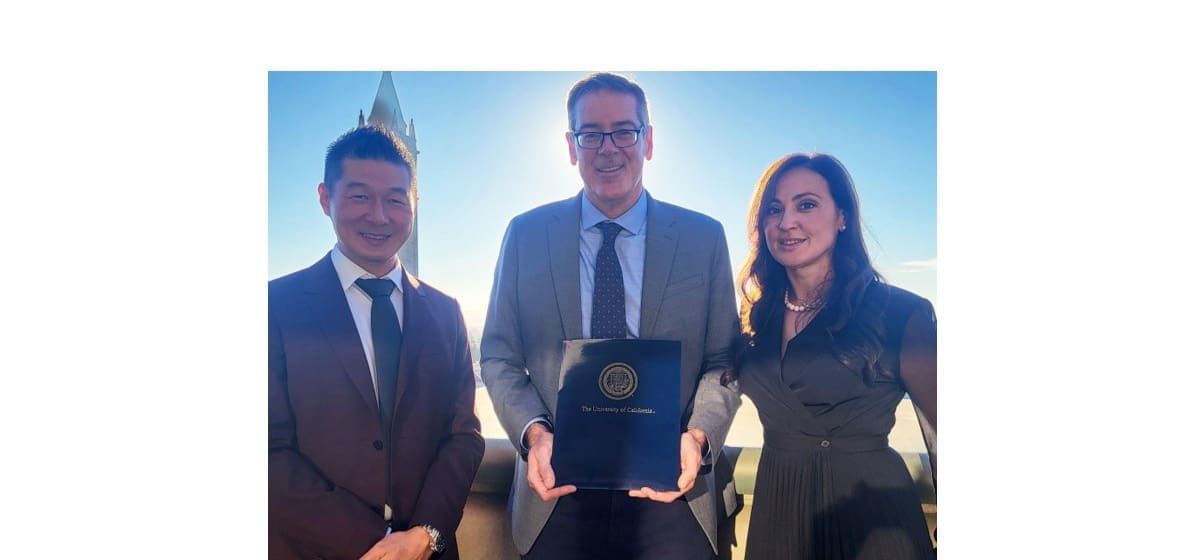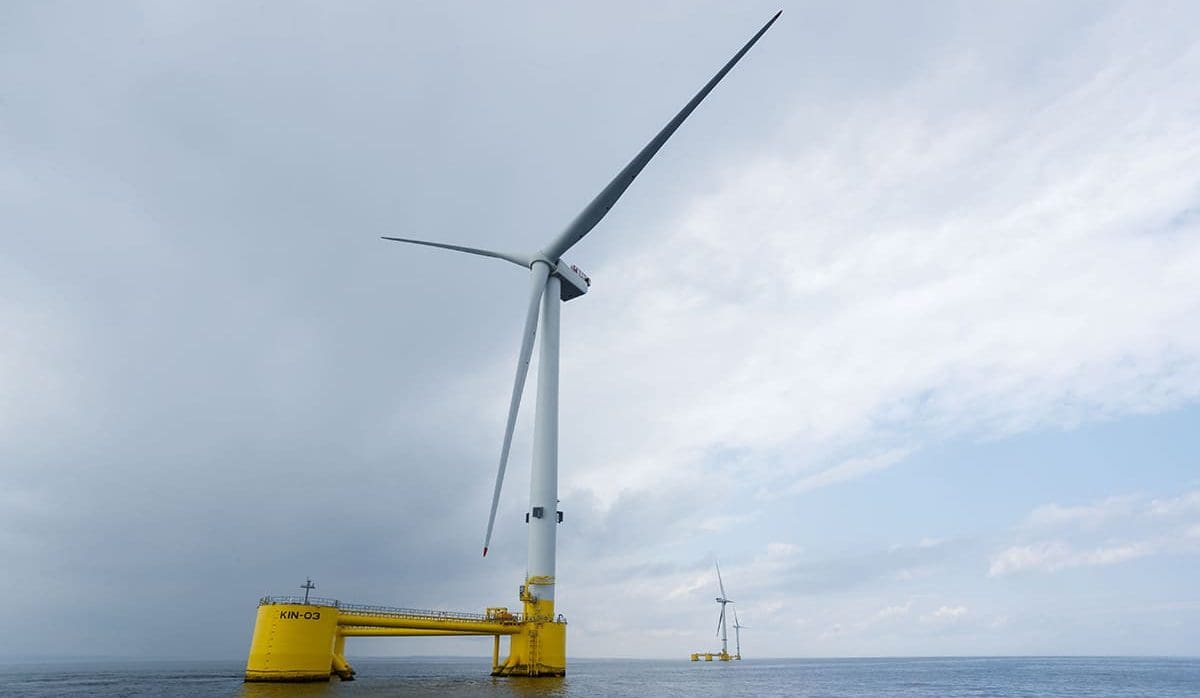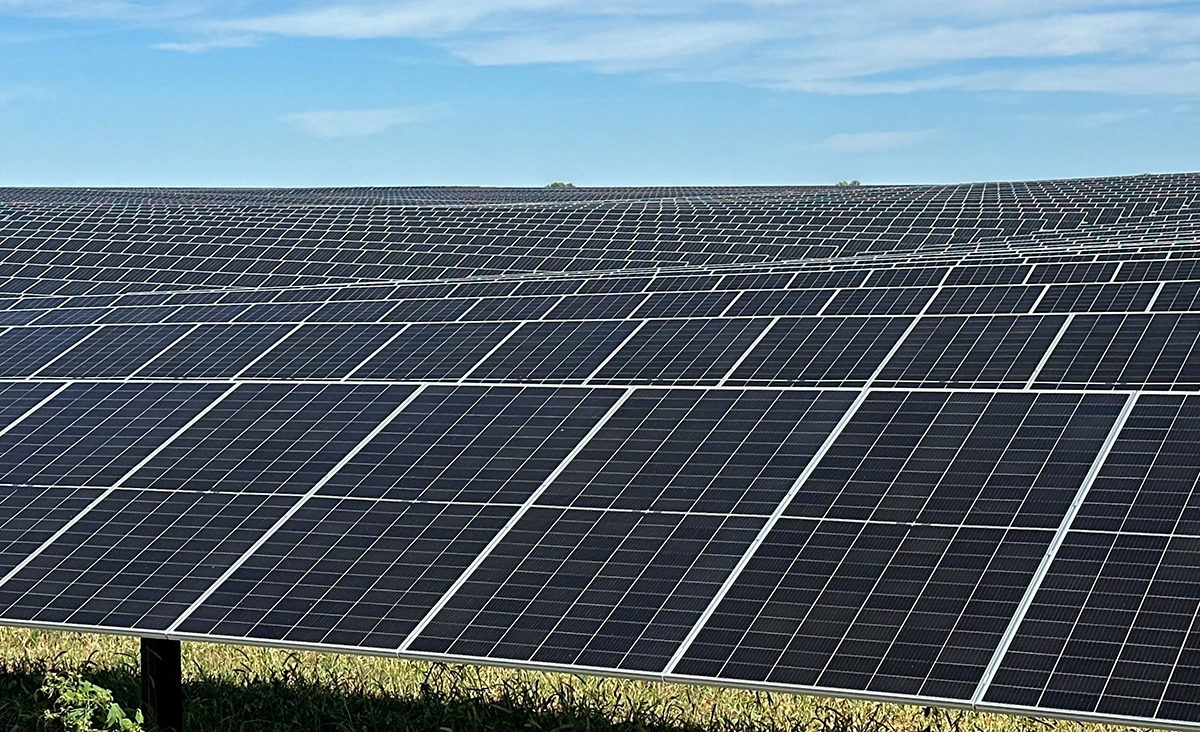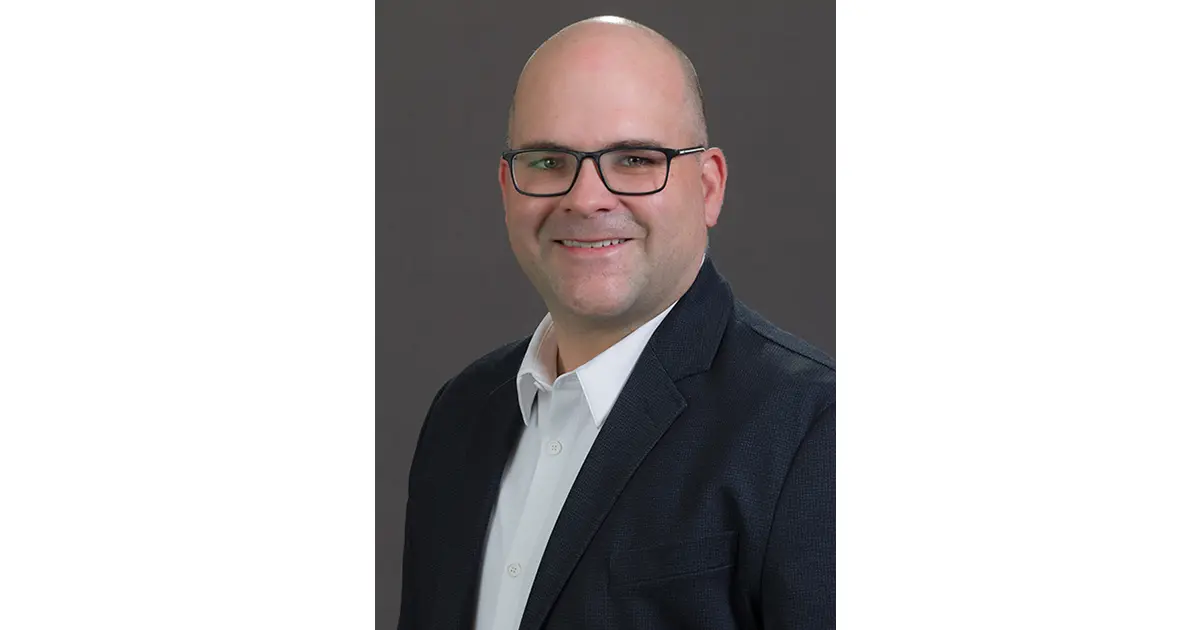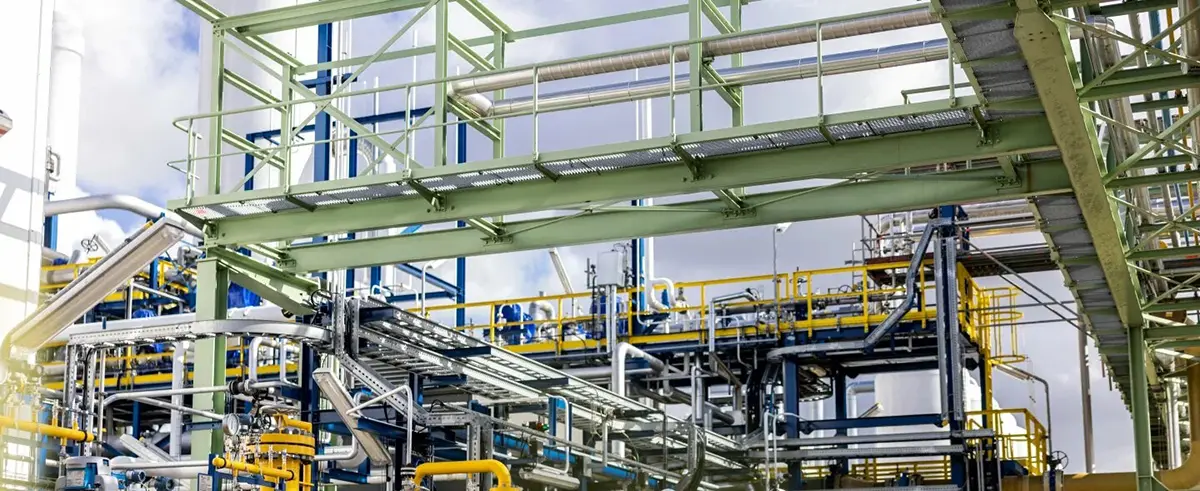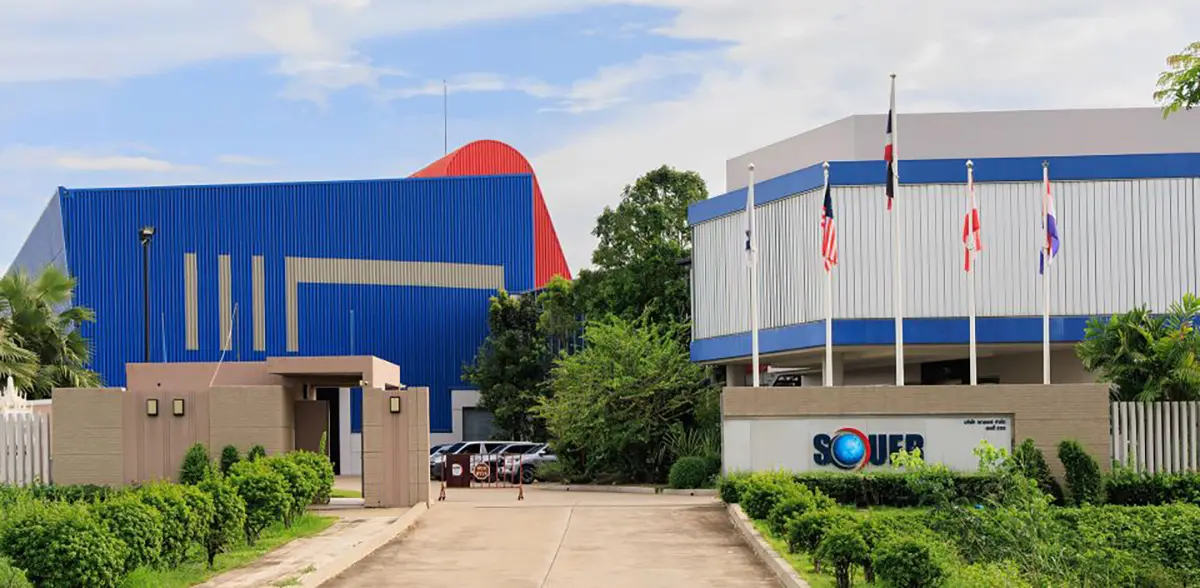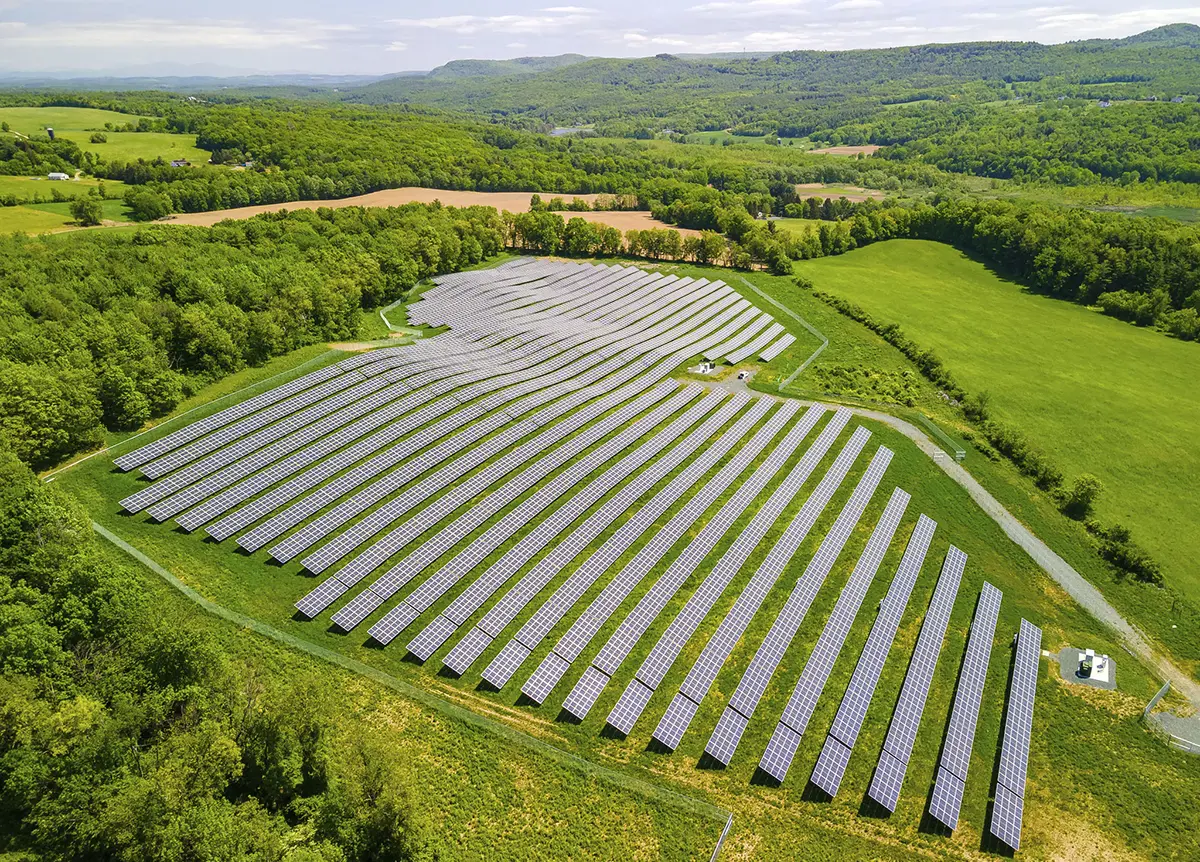
Qcells To Supply Microsoft With 12 GW Of Solar Modules And EPC Services Over 8-Year Period
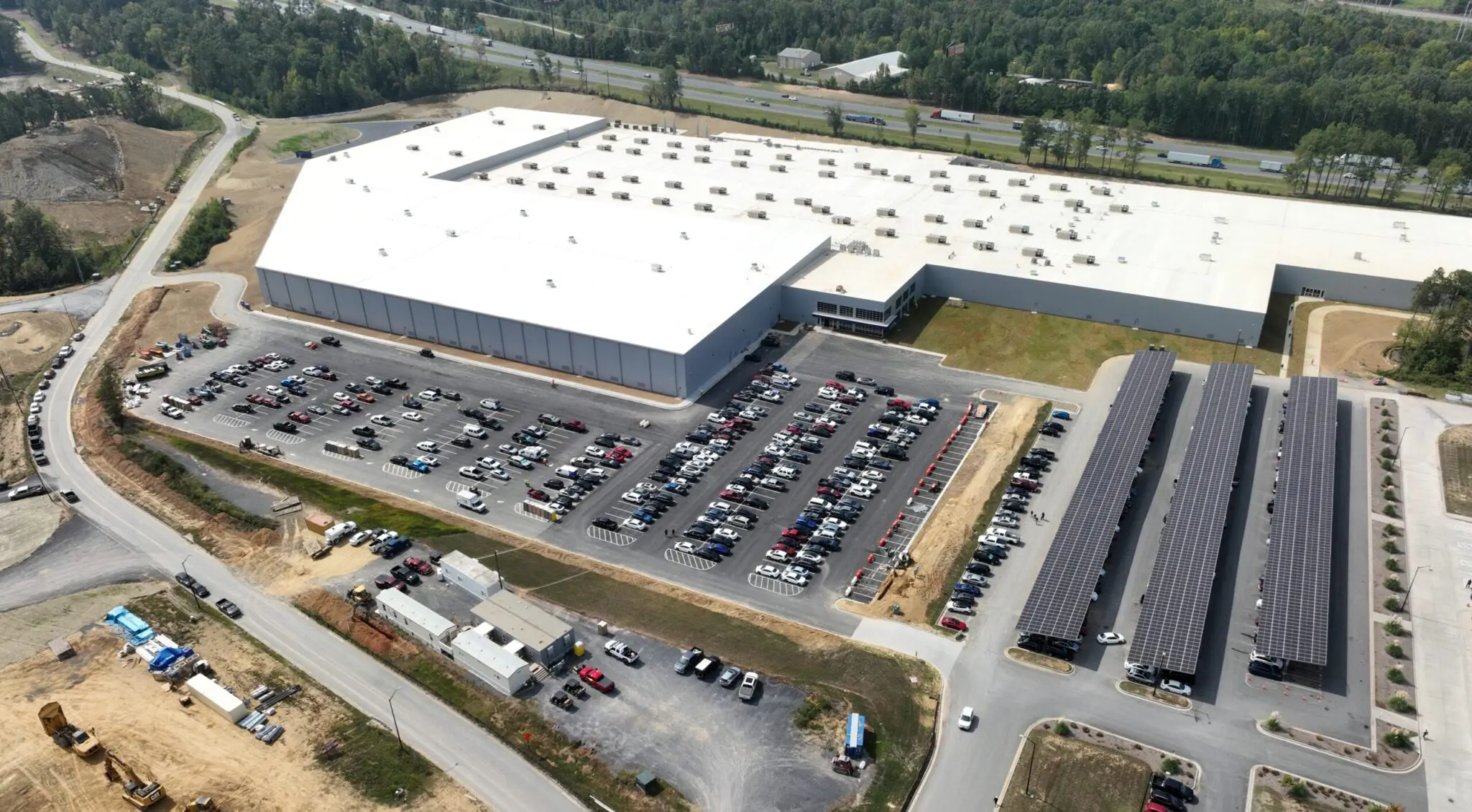
Qcells, an energy solutions company announced an eight-year strategic alliance with Microsoft Corporation (Microsoft) that solidifies Microsoft as one of the world’s largest purchasers of renewable energy.
In its largest module and engineering, procurement, and construction (EPC) services agreement to date, Qcells will supply Microsoft with 12 GW of solar modules and EPC services over an 8-year period — the equivalent to powering more than 1.8 million homes annually. This includes a 2.5 GW module and EPC services commitment previously announced in January 2023.
Qcells is working on building a strong and secure US solar supply chain while producing sustainably made solar modules. Microsoft continues to invest in purchasing renewable energy and other efforts to meet its sustainability goals of being carbon negative, water positive, and zero waste by 2030. With those goals, the two companies will collaborate to bring an estimated 1.5 GW of solar panels a year to projects Microsoft has contracted through 2032.
The solar modules will be supplied by Qcells’ fully integrated solar supply chain factory in Cartersville, Georgia, which is a part of the company’s US$2.5 billion investment announced last year. “We are pleased to be a part of such a substantial commitment that will accelerate the global shift to renewable energy solutions. Qcells is uniquely positioned to ally with Microsoft toward creating a clean, sustainable future because of our investment in building an American-made solar supply chain,” said Justin Lee, chief executive officer of Qcells. “We look forward to expanding renewable energy frontiers together today and tomorrow.”
“Our expanded agreement with Qcells is designed to drive large-scale domestic production of solar modules essential to advancing a resilient US supply chain and clean energy economy,” said Bobby Hollis, vice president of energy at Microsoft. “Through long-term agreements like this we are signaling Microsoft’s demand and bringing more renewable energy to the grid, faster.”
Both companies seek to advance a global clean energy economy. With Microsoft’s 2025 commitment to cover 100% of its electricity consumption with renewable energy, Qcells offers a complete US solar supply chain and one-stop energy solutions to support Microsoft in reaching its goals.
Most recently, REC Silicon in Moses Lake, Washington, announced that it has begun the process of producing polysilicon, the raw material in solar modules. The once dormant factory was revived thanks to a more than US$200 million investment by Qcells’ parent company, Hanwha Solutions, in April of 2022. The polysilicon produced by REC Silicon will be used by the new Qcells factory in Cartersville, Georgia, once it is completed in late 2024.

